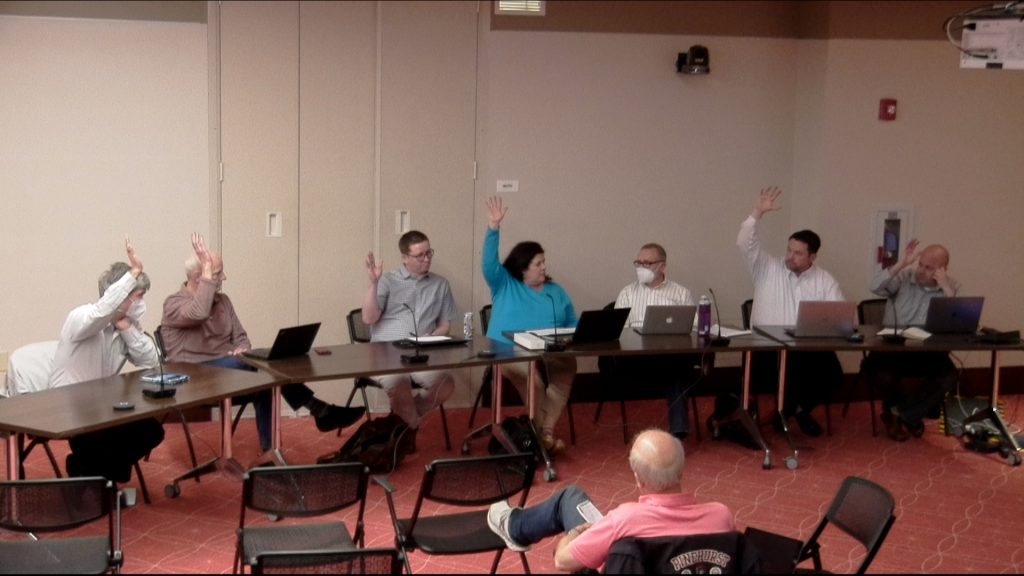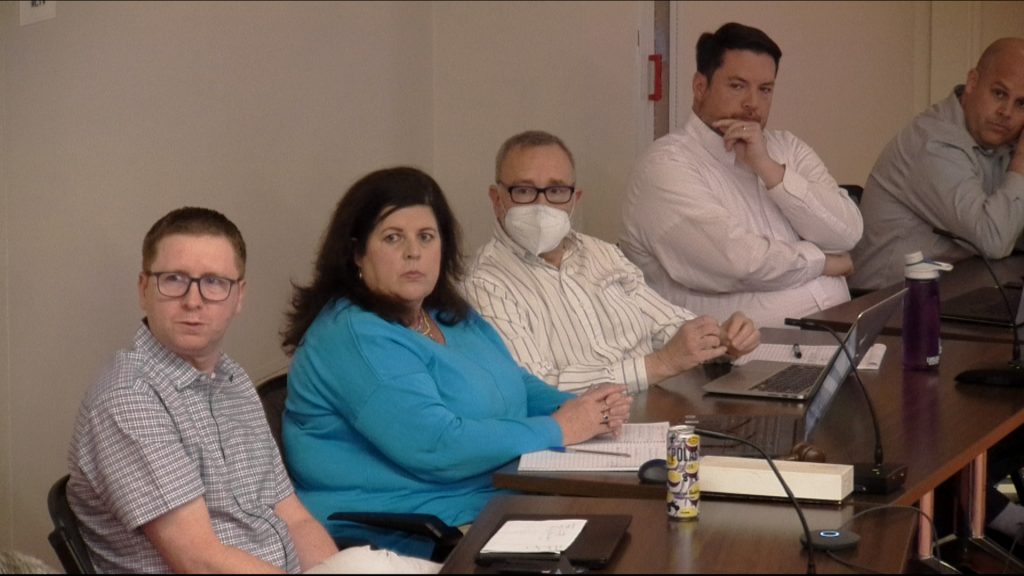Reading, MA — By a vote of 6-1, the Reading ARPA Advisory Committee (RAAC) recommended to the Select Board that $2 million of the American Rescue Plan Act (ARPA) funds be used to purchase a new literacy curriculum, ARC Core, for the Reading Public Schools. The $2 million would be spent over a four-year period for full implementation of the curriculum.

The Select Board formed the RAAC for the purpose of recommending allowed use of local and county American Rescue Plan Act (ARPA) grant funds to fund community priorities. Reading has received approximately $7.5 million in ARPA funds. According to the town website, RAAC is supposed to gather input from its members and the broader community and shall consider in forming its recommendations inputs such as “free cash” balances, current and future planned debt, the capital plan, and potential additional ARPA grants as may be available from the Commonwealth of MA.
The request for funds came after the School Committee voted last Monday to approve the approach and recommend it to the RAAC. Superintendent of Schools Thomas Milachewski shared, “[This curriculum will] address the impact of learning loss for students K-12 and also address educational disparities in the district.” Additionally, Milachewski added, “The scale [of the change] will impact students across the district.” Milachewski concluded, sharing that the implementation of the curriculum will be the district’s “best spend-to-save investment.”

Milachewski backed his argument with statistics that show that only 64% of Reading students in grades 3-8 are reading at grade level, and this number drops to 41% for Hispanic students and 32% of African-American students that are reading at grade level. Milachewski ended by citing an Ed. Reports study that concludes that Reading’s current reading curriculum is “insufficient.”
Milachewski also reported that the timely nature of the request was due to a $200,000 grant from the Department of Elementary and Secondary Education that needs to be used by June 30 that is planned to partially offset the costs for the first year of implementation of ARC Core.
“This is our one big priority, and our one ask from APRA,” Milachewski stated.
It had been suggested in previous RAAC meetings that the funds be divided into “buckets” in which the schools and water and sewer each would receive $2 million, recreation and athletics $1.5 million, and other community concerns $1.5 million.
RAAC member Mark Dockser expressed concern over the size of the request without the consideration of other possible sources of funding, including grants. Dockser stressed the need for a holistic approach to the use of all sources of funding and suggested that using ARPA funds initially to fund the first year, approximately $433,000, was a more reasoned approach. Dockser also asked why no operating budget funds for years two through four were to be allocated to the effort.
Milachewski, while expressing appreciation for Dockser’s careful approach, indicated that he would have difficulty moving forward with ARC Core implementation without a commitment that the ARPA funds would be available as a “backstop” for future years in case other funding methods proved unavailable.

RAAC members Thomas Wise and Shawn Brandt from the School Committee both vocalized strong support for the plan, with Wise stating, “ARPA should be used in a strategic fashion. This addresses our need and puts it to bed; it is our most important strategic ask.” Brandt chimed in, “It is hard to wrap my head around how we would let another year go by for 2,000 students knowing the curriculum is insufficient.” Brandt also noted that the need for an improved literacy curriculum has been under public discussion in the School Committee since the fall. School Committee member Carla Nazzaro spoke, stating, “Kids and seniors were the most affected by the pandemic . . . this is a perfect example of what ARPA is to be used for.” Milachewshki reiterated that ARPA is the backstop and that it would not preclude the school district from seeking additional grants to offset the cost.
Brandt proceeded to make a motion to recommend the $2 million to the Select Board. Dockser proposed amending the motion to recommend $433,570 instead. After discussion, the RAAC voted 1-6 against Dockser’s amendment, with Dockser as its only proponent. The main motion then passed 6-1 with Dockser as its only detractor.
Approval of the recommendation will now be in front of the Select Board at their meeting on May 17.
